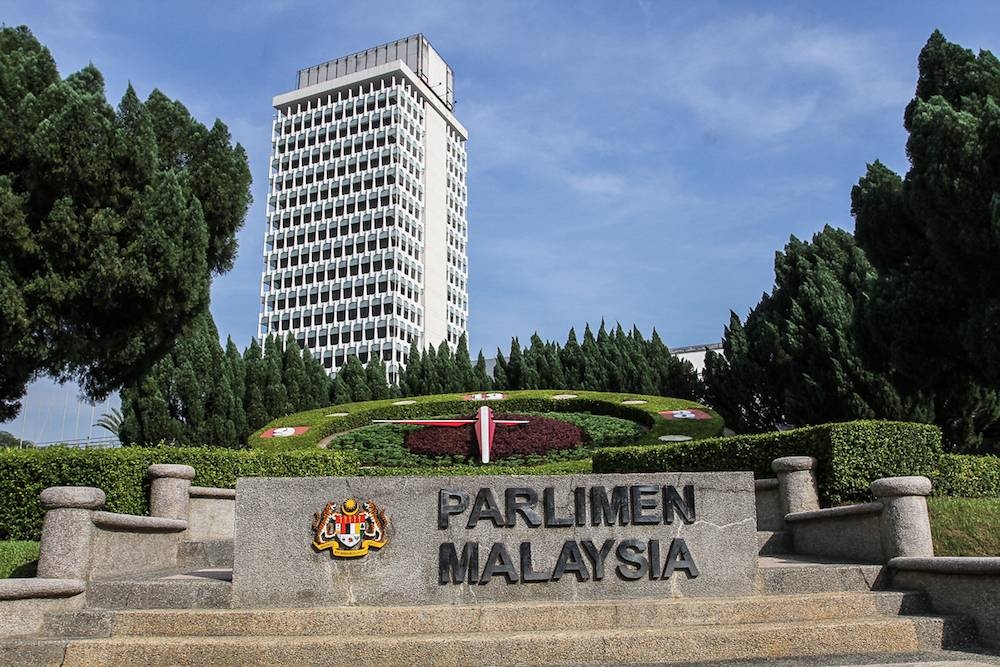JUNE 22 — G25 hopes that whichever political coalition forms the next government after GE 15, there will be a Parliament that shows a real commitment to be the “eyes and ears” of the public to make the ministers in the new Cabinet accountable for their actions, both in their office work as well as in their private life.
The Members of Parliament should show their sincere political commitments not just by standing up to make speeches on the floor but also in sitting down to do serious work in select committee proceedings to scrutinise in detail the running of ministries, how they implement government policies and spend the budgetary allocations.
The parliamentary select committees overseeing the ministries, the ministers and their civil servants must have the power to subpoena anyone they believe can help to throw more light on the subject under scrutiny, including professionals and civil society members, who have the information to share with the parliamentary committees. The media should be present in the proceedings so that they can report how the committees are performing their duties to protect public interests.
In the UK and America, their parliamentary and congressional committees are assisted by in-house professional staff to assist them in providing the information and doing the research work so that the committee members can understand the substance of the issues and are well briefed to raise the right questions when they summon the ministers and civil servants to appear before them. Where the parliamentary staff do not have the specialised knowledge on a particular issue, the select committees may employ professional advisers from outside consultancy firms to assist in the committee sessions.

Our Parliament should be similarly equipped as in other parliaments with the professional staff and budgetary resources so that it can provide the advisory support to the MPs in the select committees to perform their oversight responsibilities in an effective manner.
As in other parliamentary systems also, parliamentary committees should take the initiative in proposing legislative changes, including drafting the text of the bill to amend the existing law or introduce a new one. Each select committee should have access to legal assistance to facilitate the drafting of the legislative bill to be presented to the full House for debate and voting.
One of the select committees established should be tasked with overseeing the salaries, perks and privileges of Cabinet ministers, including the political appointees attached to their office. The Cabinet today is the largest on record, costing millions of ringgits to pay for their salaries and all kinds of allowances. An oversized political establishment can make a ministry too unwieldly for efficient management. It will also create frictions with the civil servants and a tense work atmosphere in the ministry. When a ministry gets too political, it tends to lose focus in providing public service and worse, tends to waste public funds on unnecessary programmes and projects. Taxpayers today are more informed and intelligent than before. They will no longer tolerate unnecessary wastage of their hard-earned money.
Proportional representation should also be implemented within our parliamentary system. This would be fairer to all parties and also ensure that even the minority voices in our diverse community are heard and considered in the administration of government policy.
All these G25 suggestions are based on our observation how parliaments in advanced democracies function to make ordinary MPs play their role effectively and meaningfully in the governing of the country. In our Federal Constitution too, the intention is that Parliament is the central pillar in the democratic system of government. Whilst the Cabinet is the executive branch of government, Parliament is the legislative branch, and the judiciary is responsible for interpreting and enforcing the laws. Parliamentary work in the select committees in providing oversight on how the Cabinet runs the government is most important in making the public respect the MPs that they vote for in the elections. Our MPs can redeem their bad public image by doing serious work in the select committees to make government ministers perform better with integrity, accountability and transparency.
For example, in the case of 1MDB, there were media reports about our Ministry of Finance setting up a new investment fund, when there is already a national wealth fund i.e., Khazanah. Media reports (both local and foreign) mentioned about 1MDB’s links to Middle East corporations involved in energy investments which later turned out to be questionable. These reports should have alerted our MPs to discuss about the facts and concerns disclosed as they involved a new MoF Inc company called “1MDB”. Malaysia would have saved billions of questionable debt fundings if there had been parliamentary inquiry to determine the facts behind the media reports. An independent parliamentary committee would have resisted government instructions to prevent open discussions or parliamentary debates on 1MDB. The public is shocked and disgusted to hear that a former KSN was made a director of 1MDB by the then Prime Minister and paid RM 30K per month without doing any work (he was not called to attend a single board meeting) nor be bothered to know anything about the corporation in spite of the fact that he had read about the “1MDB issues” in the media.
The next Parliament must not allow such disgraceful conspiracy of silence at the top levels of government to happen again.
G25 Malaysia
* This is the personal opinion of the writer or organisation and does not necessarily represent the views of Malay Mail.





















